Are you planning a move to British Columbia but looking for a quieter location away from the big cities? If so, you may be interested in living in Courtenay, BC, just one of the many attractive small towns in BC.
Courtenay is a picturesque coastal community on the east coast of Vancouver Island. It is a tourist destination, an area of outstanding natural beauty and an excellent choice for anyone that enjoys outdoor activities.
We will give you all the key information about living in Courtenay, BC and an unbiased view of this small city’s pros and cons.
Living In Courtenay, BC – The Facts
Here are some key facts about this coastal community for anyone interested in living in Courtenay, BC.
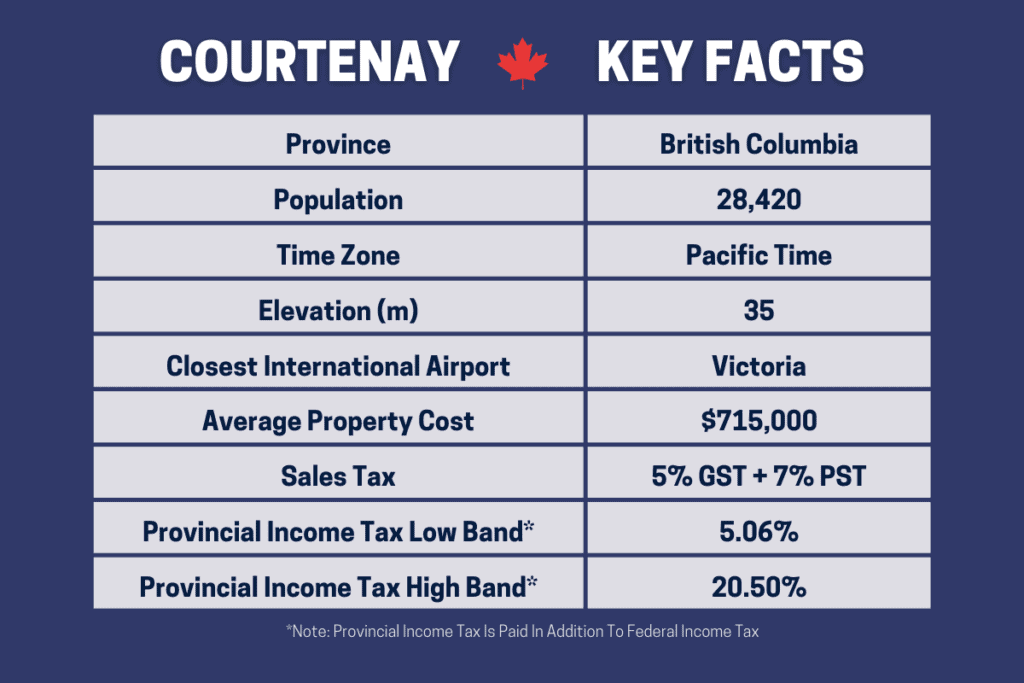
Where Is Courtenay, BC?
Courtenay is situated on the south side of the Courtenay River, around halfway up the east coast of Vancouver Island, in southwestern Canada. The city is around a 2-hour 45-minute drive north of Victoria.
The closest international airport accessible by road is Victoria International Airport, a 2-hour 45-minute drive from Courtenay.
Options for travelling to the mainland from Courtenay are:
- Drive for approx 1 hour to Nanaimo and take a ferry to Horseshoe Bay in West Vancouver.
- Driver for 2 hours and 45 minutes to Victoria and take a ferry to Vancouver
- Fly to Vancouver, Calgary or Edmonton from Comox Valley Airport
What Is The Population Of Courtenay In 2023?
The population of Courtenay in 2023 is around 29,883, based on the latest government of BC estimates released at the start of the year.
The town has seen steady growth in recent years. The latest federal census data (released in 2022) showed a population of 28,420, representing a growth in the population of Courtenay of 10.8% between 2016 and 2021.
The average age of the population is 46.8, around 5 years higher than the national average, and the population of Courtenay is predominantly white and English-speaking. According to the latest census data, visible minorities account for around 8% of the population. The largest minority groups living in Courtenay are South Asian, Filipino and Chinese, and these three groups account for just over half of the visible minority population.
What Is The Weather In Courtenay, BC, Like?
Most of Canada experiences cold, harsh winters with pleasant, moderately hot summers. However, BC’s coastal location and mountain ranges mean it isn’t typical of Canada.
You will find significant variations in the climate even within the province. Overall the BC weather is milder and wetter than the rest of Canada. The south coast has the most temperate winters in Canada and warm, pleasant summers, while the southern interior has very short winters with long, dry, hot summers.
The weather in Courtenay is moderate compared to much of Canada. The average January low is zero Degrees C, while the average July high is 24 Degrees C. The average annual precipitation is around 1401 mm, with just 55 mm of this falling as snow.
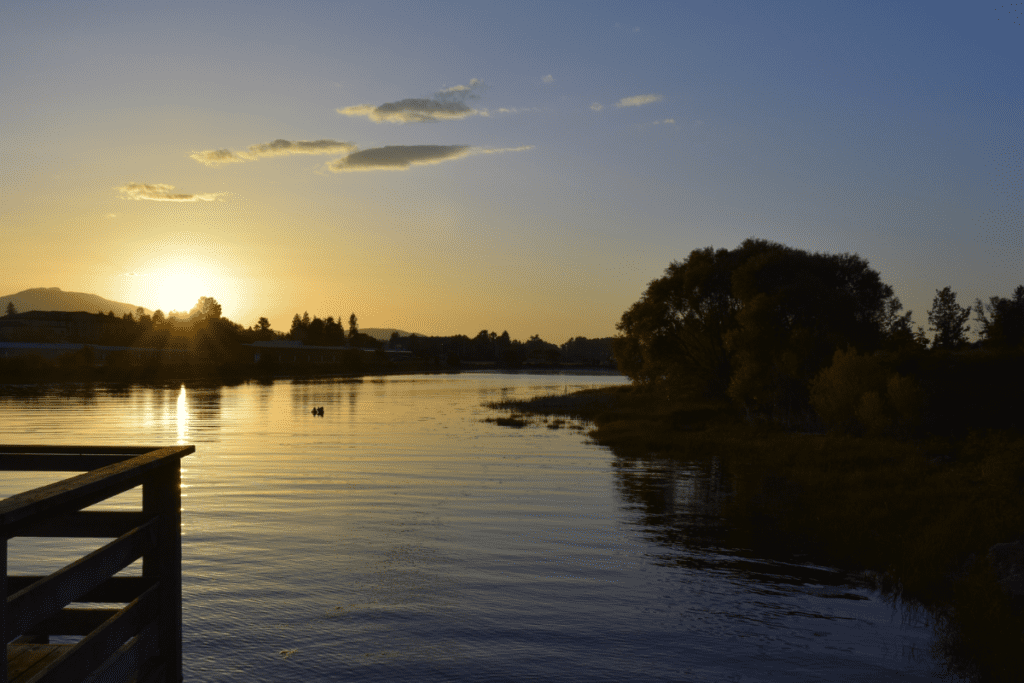
What Is The Cost of Living In Courtenay Like?
Most immigrants find the cost of living high in Canada, and BC is one of the more expensive provinces. House prices in BC are around 50% higher than Canadian averages.
Rural areas are cheaper but still subject to higher provincial taxes. Sales tax is 12% on most goods (5% GST plus 7% PST) compared to 5% in provinces such as Alberta, and the top income tax rate is relatively high.
The cost of living in Courtenay, BC, is higher than in many areas of Canada. This is partly due to the BC taxes, but property prices are also slightly higher than Canada’s national average. The average for Courtenay is around $715,000.
What Is The Courtenay BC Economy Based On?
The economy of Courtenay was traditionally based on the extraction of natural resources, including mining, logging, fishing and agriculture.
The extraction of natural resources is less necessary today, but the area still has a robust agricultural industry. Overall the economic base is more diverse, with light industry and an extensive services industry serving the community and the many visitors to the city.
Is Courtenay BC A Safe Place To Live?
Canada is one of the safest countries in the world to live in. Crime rates are low, and the country always features near the top of the annual Global Peace Index rankings.
Canada, Quebec, Ontario and the Maritime provinces have the lowest crime rates, while the highest in the territories. BC crime rates are above average for Canada.
Courtenay, BC, is a safe place to live, although crime rates in the city are higher than the average for BC. However, this should be taken in the context of low overall crime rates in Canada and the province.
Are You Planning A Move To Canada?
Are you wondering whether to make the move and have endless questions?
Do you want to know how much a community service worker earns, what the best neighbourhoods in Halifax, Nova Scotia, are, or if Osoyoos, BC, is a good place to live?
We have the answers to these and many more questions.
What Are The Schools In Courtenay, BC, Like?
Canada has a strong and publicly-funded education system, which consistently ranks as one of the best in the world. Education is administered at a provincial level, and BC has a reputation for excellent education within Canada.
Public schools in Courtenay include six elementary schools, one middle school and four secondary schools. ONala’atsi Secondary School is Nala’atsi Alternate School which offers schooling for students whose needs haven’t been met in the mainstream school system.
The school district also offers French immersion programs within the city, from early immersion at the kindergarten level through to grade 12.
What Is The Healthcare In Courtenay, BC Like?
Canada has an excellent publicly-funded healthcare system which covers “medically necessary” care. Generally, hospital and doctor visits are covered, while other types of care, such as dental, optical and prescriptions, are funded for certain groups of people.
In Canada, healthcare is administered at a provincial level, so anyone living in Courtenay, BC, would be covered through BC Healthcare.
You should be aware that there is currently a shortage of family doctors in much of Canada, and it can be difficult to find clinics taking on new patients. This is especially true of the smaller towns and cities.
Courtenay has its own hospital known as North Island Hospital Comox Valley. The hospital provides a wide range of inpatient and outpatient care, testing facilities and 24/7 emergency care.
Pros And Cons Of Living In Courtenay BC
The pros and cons of living in Courtenay, BC, will vary from person to person, but whatever you are looking for, these are key factors to consider.
Pros Of Living In Courtenay BC
- Stunning nature and wildlife
- Outdoor activities
- Mild climate
- Great healthcare
- Good school options
- French immersion programs
Cons Of Living In Courtenay BC
- Not on mainland Canada
- Crime rates are higher than the Canadian average.
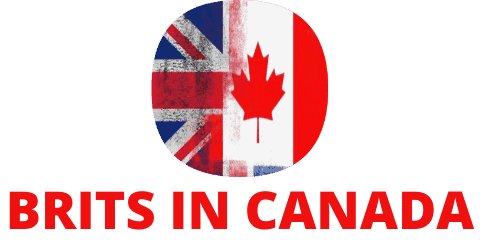
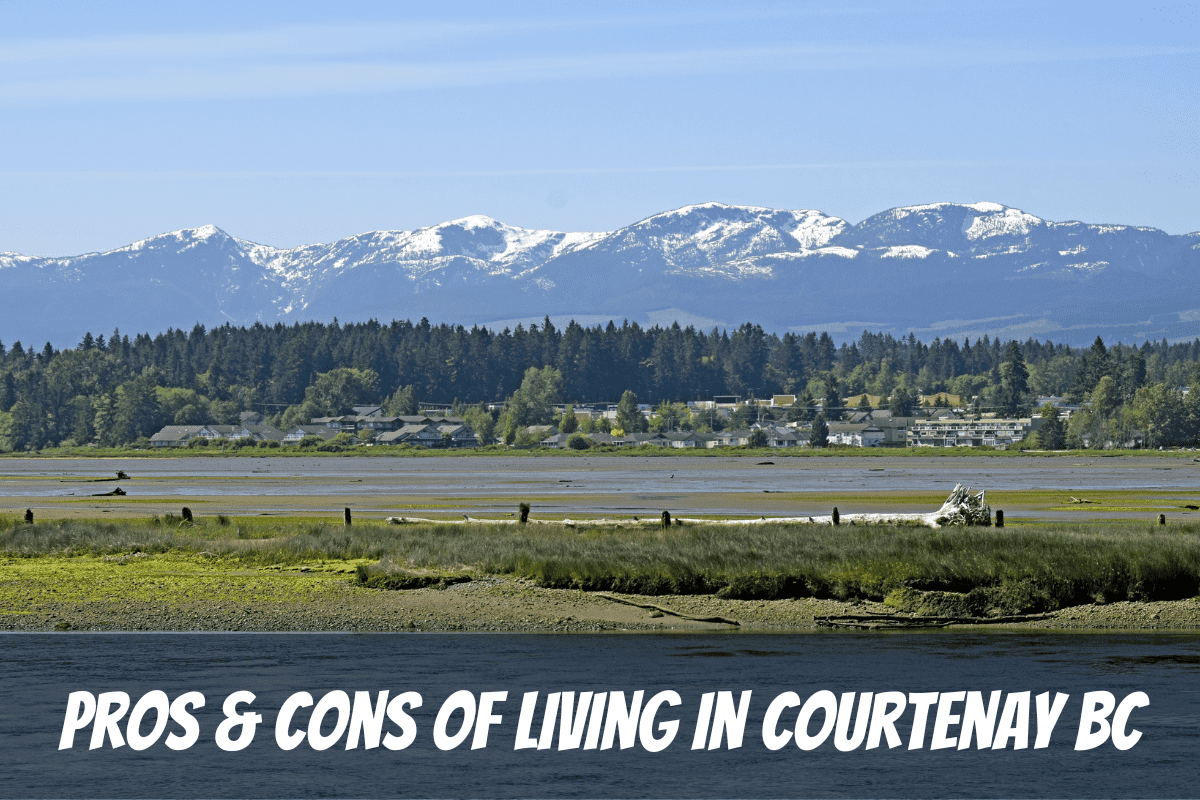

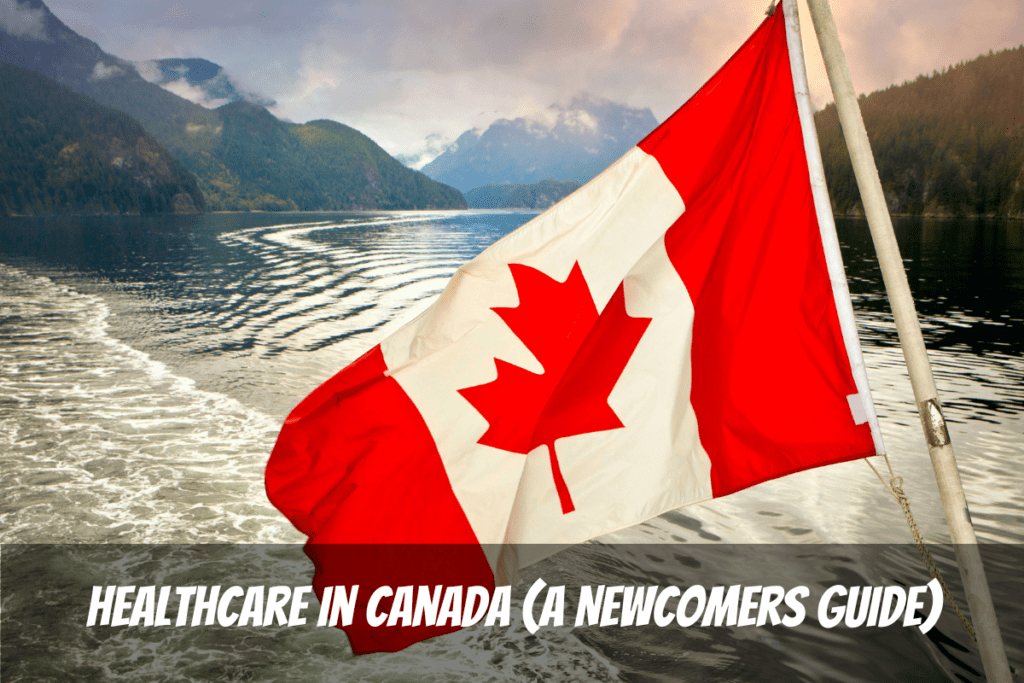
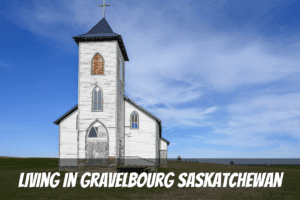
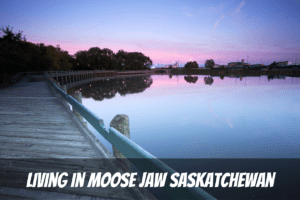
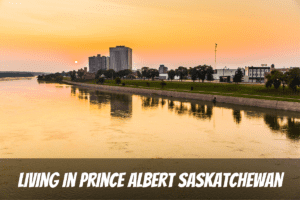
You don’t mention that you can also take a ferry from Comox to Powell River on the mainland. Just FYI
Thank you Stephanie, that is useful to know.